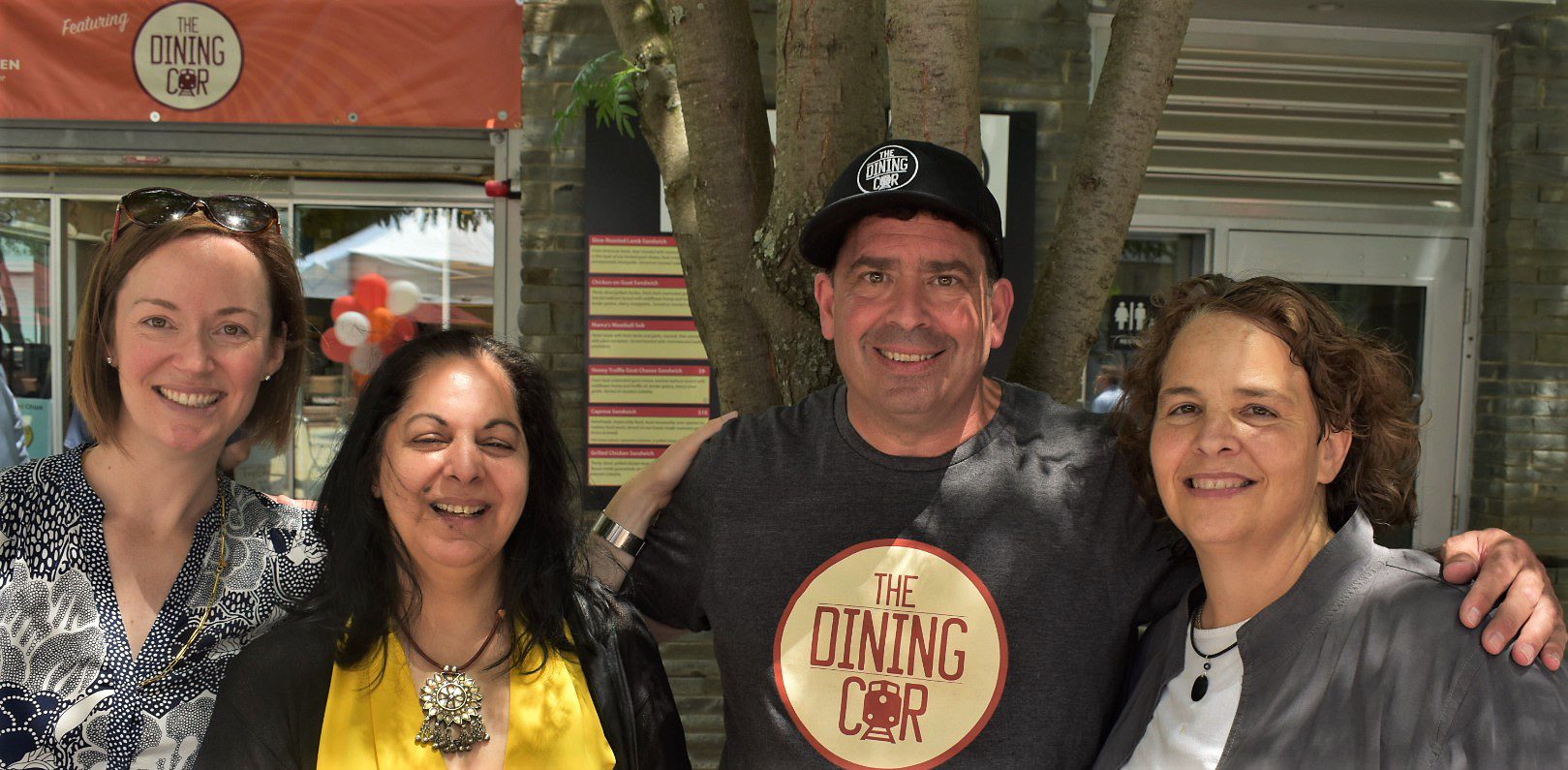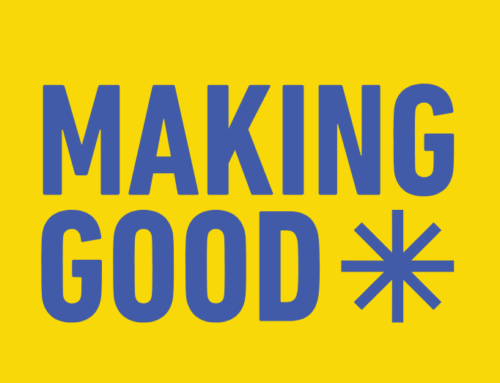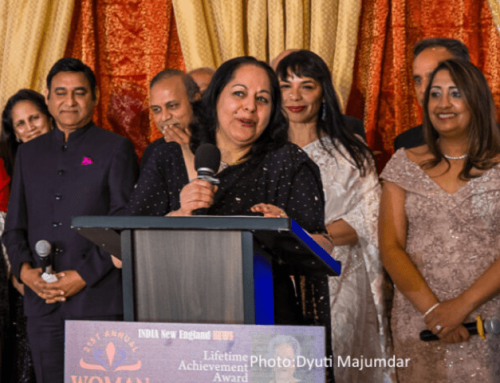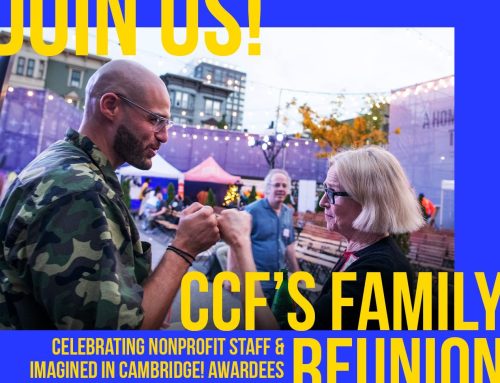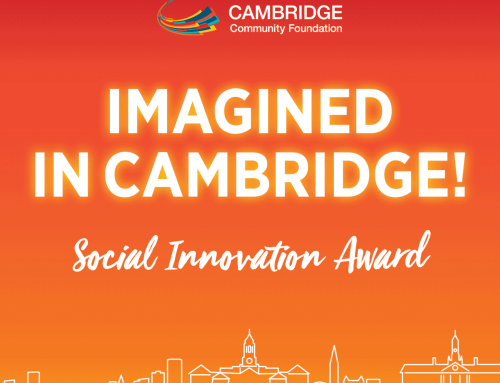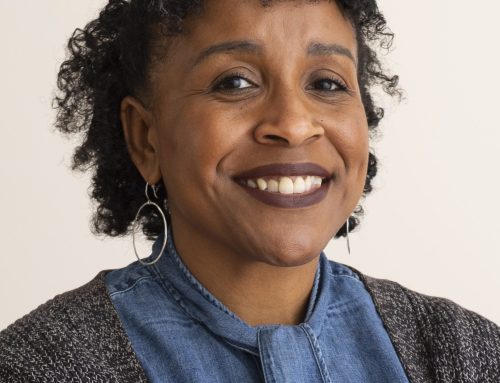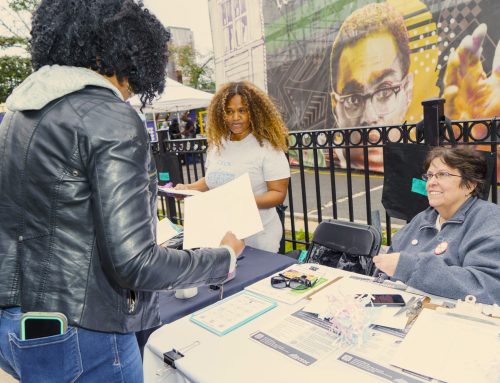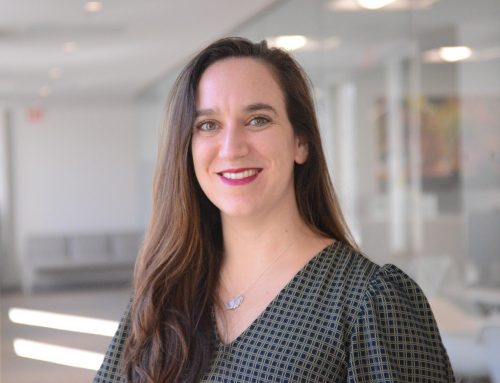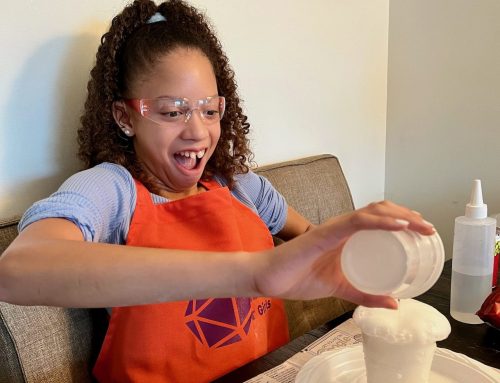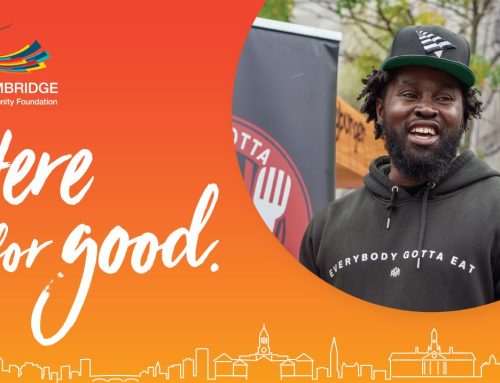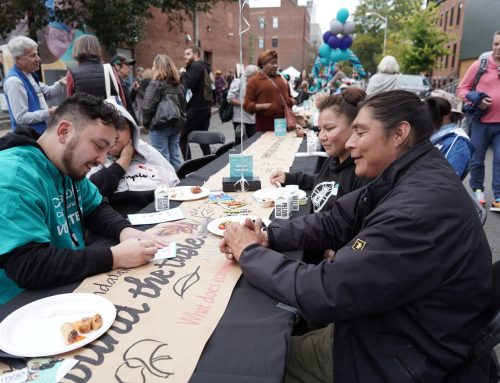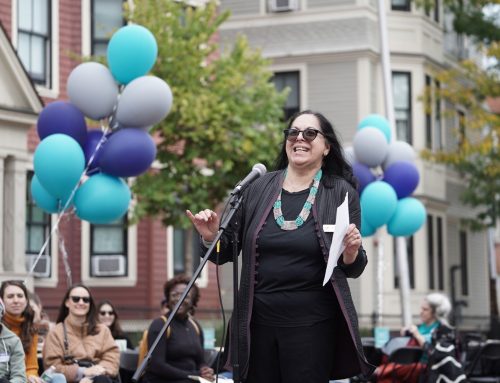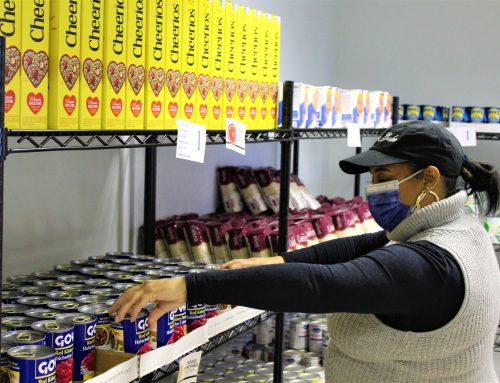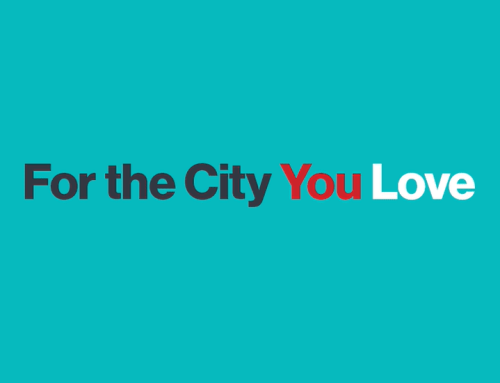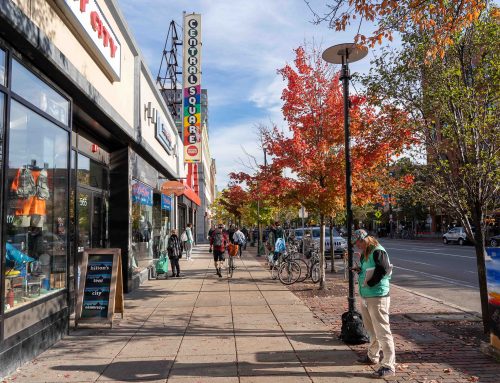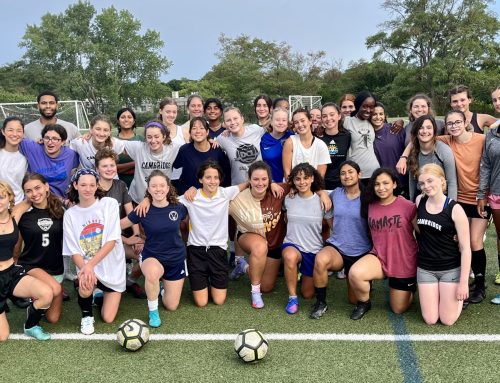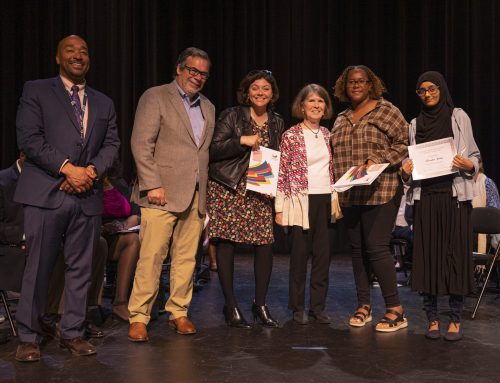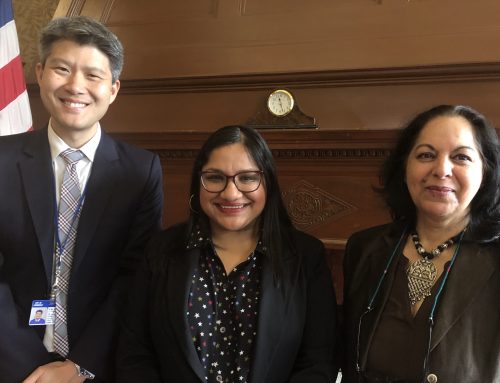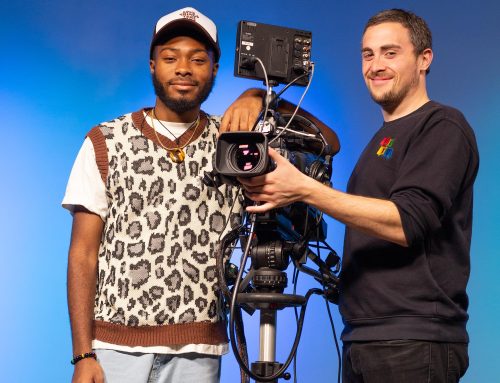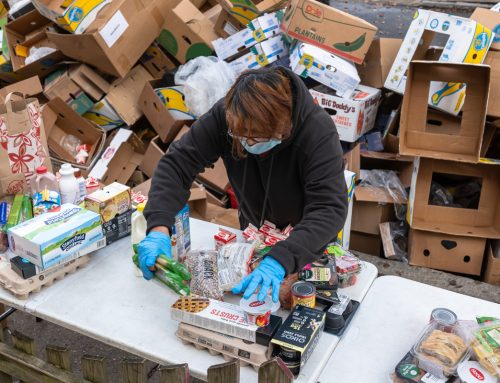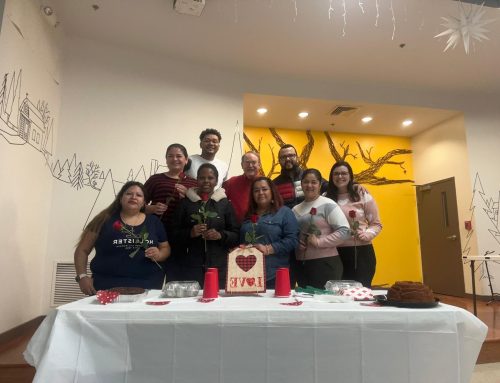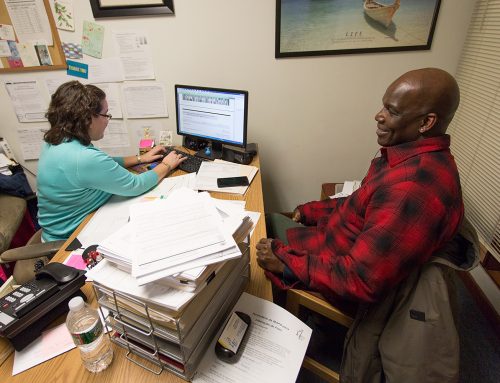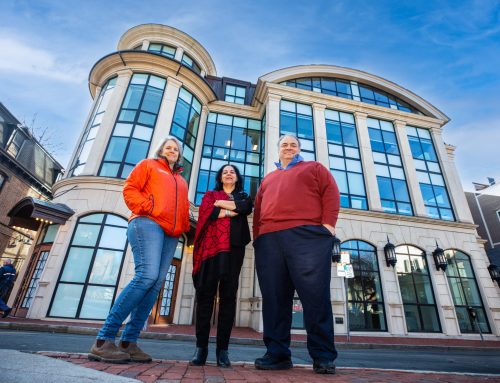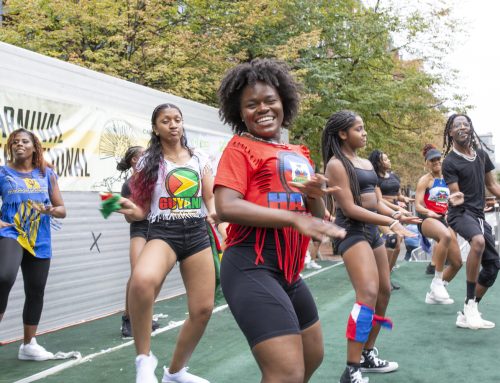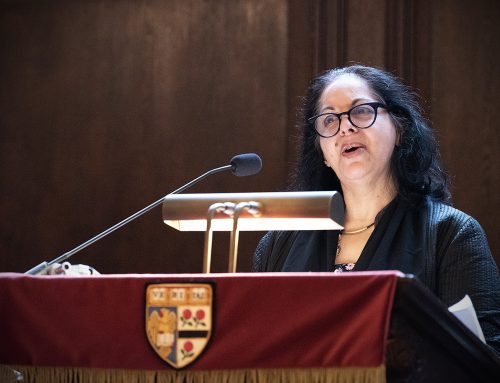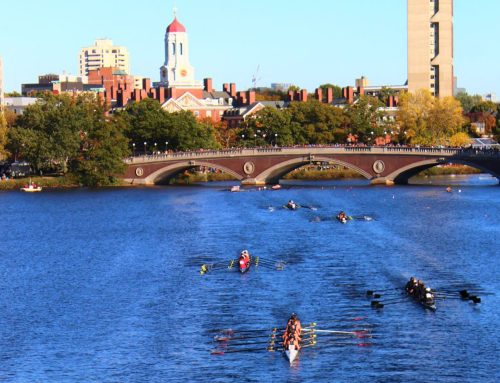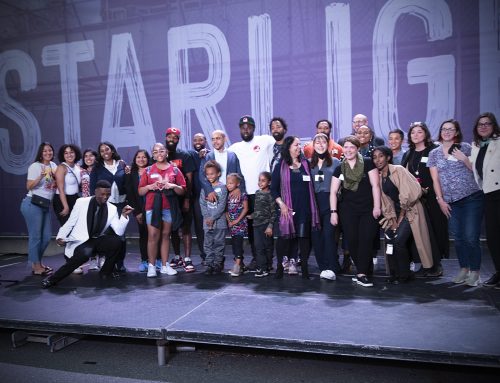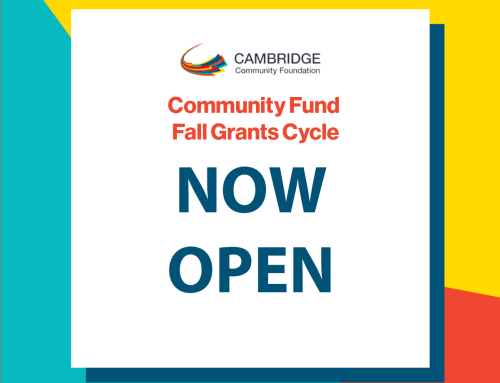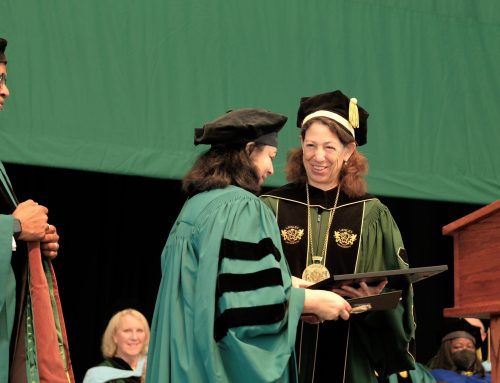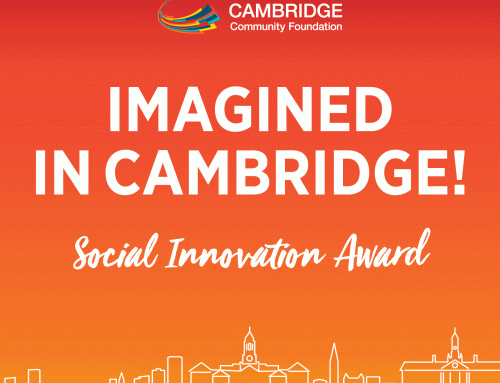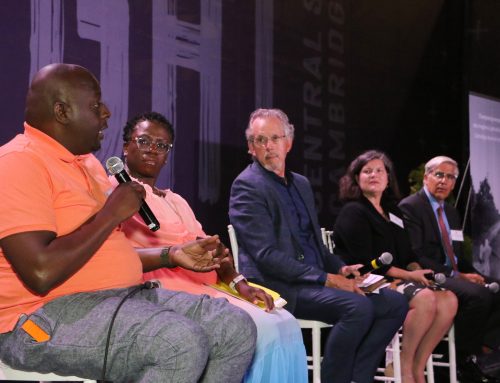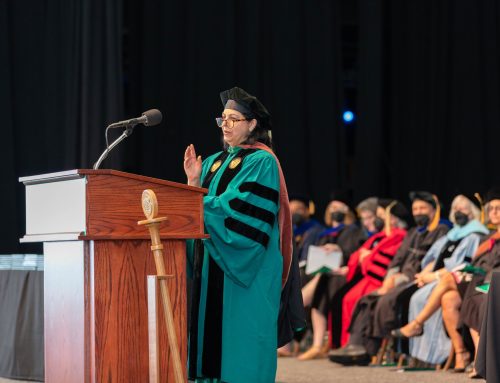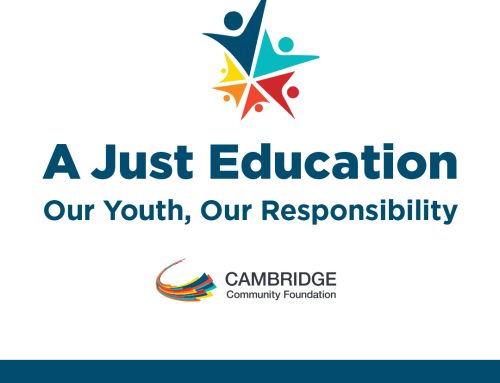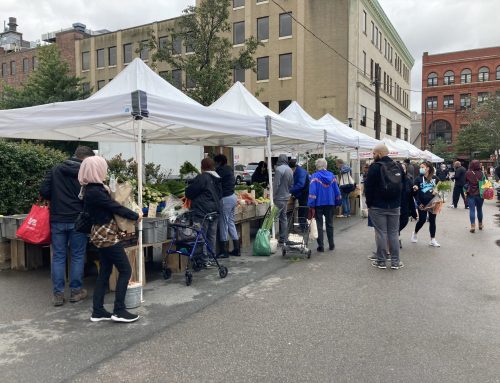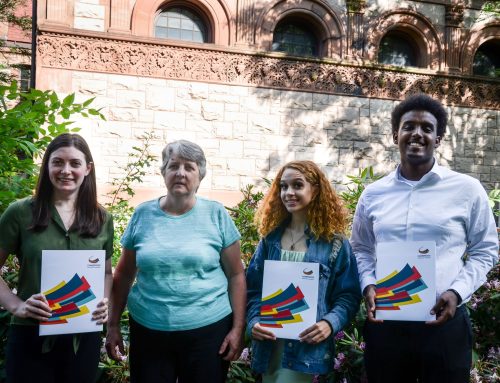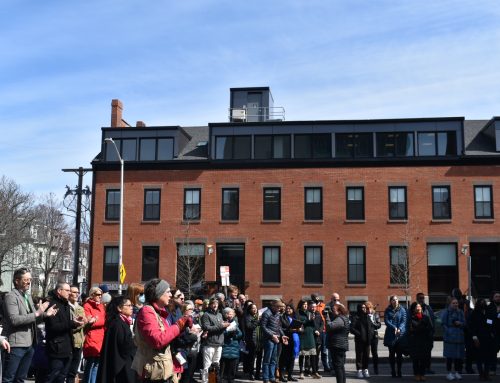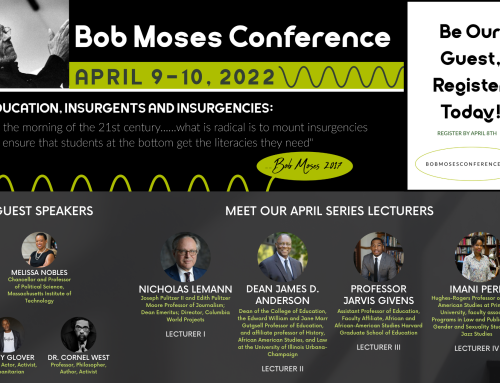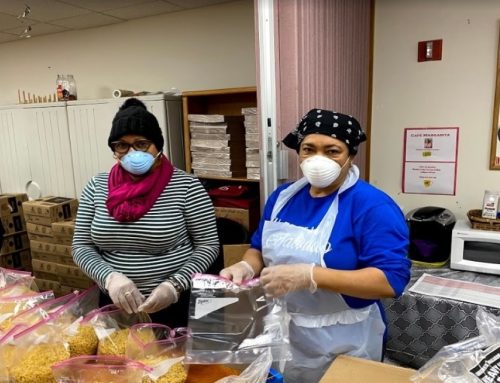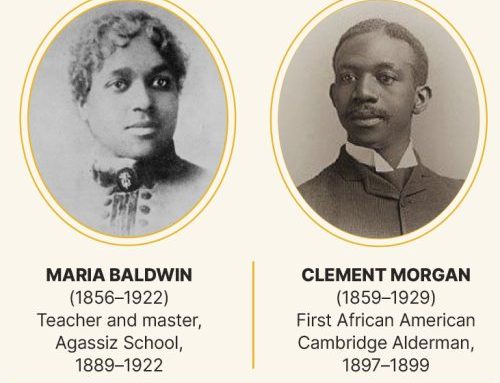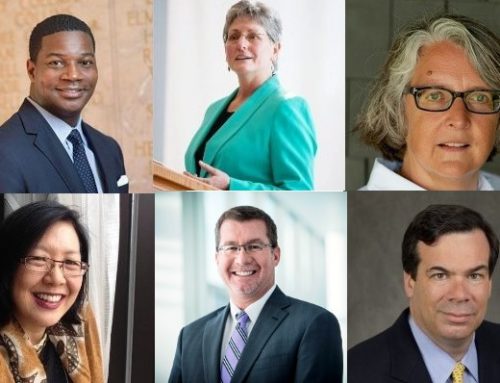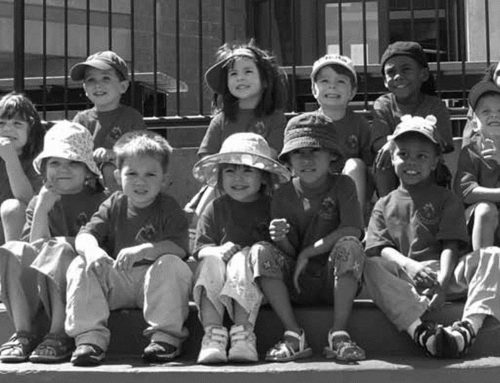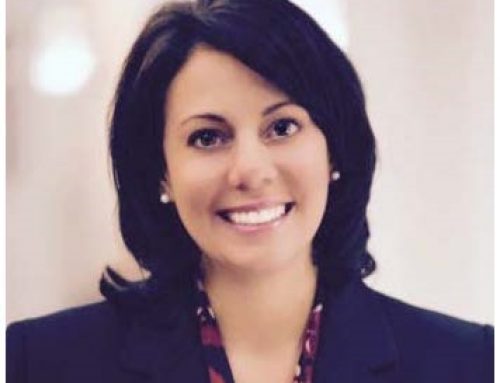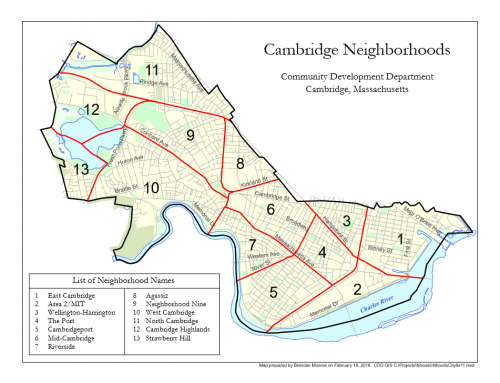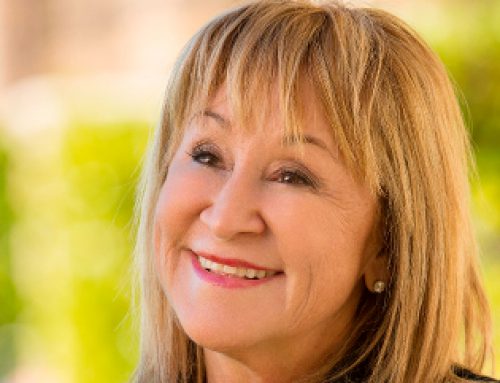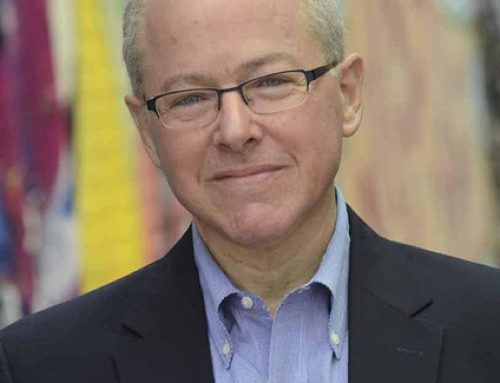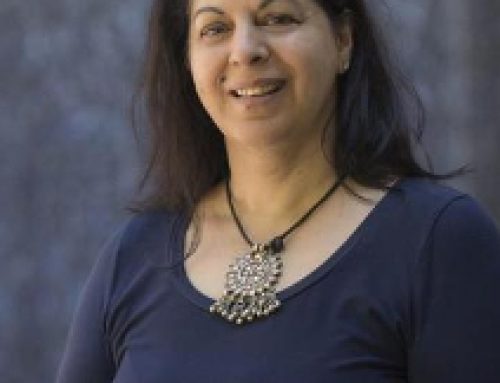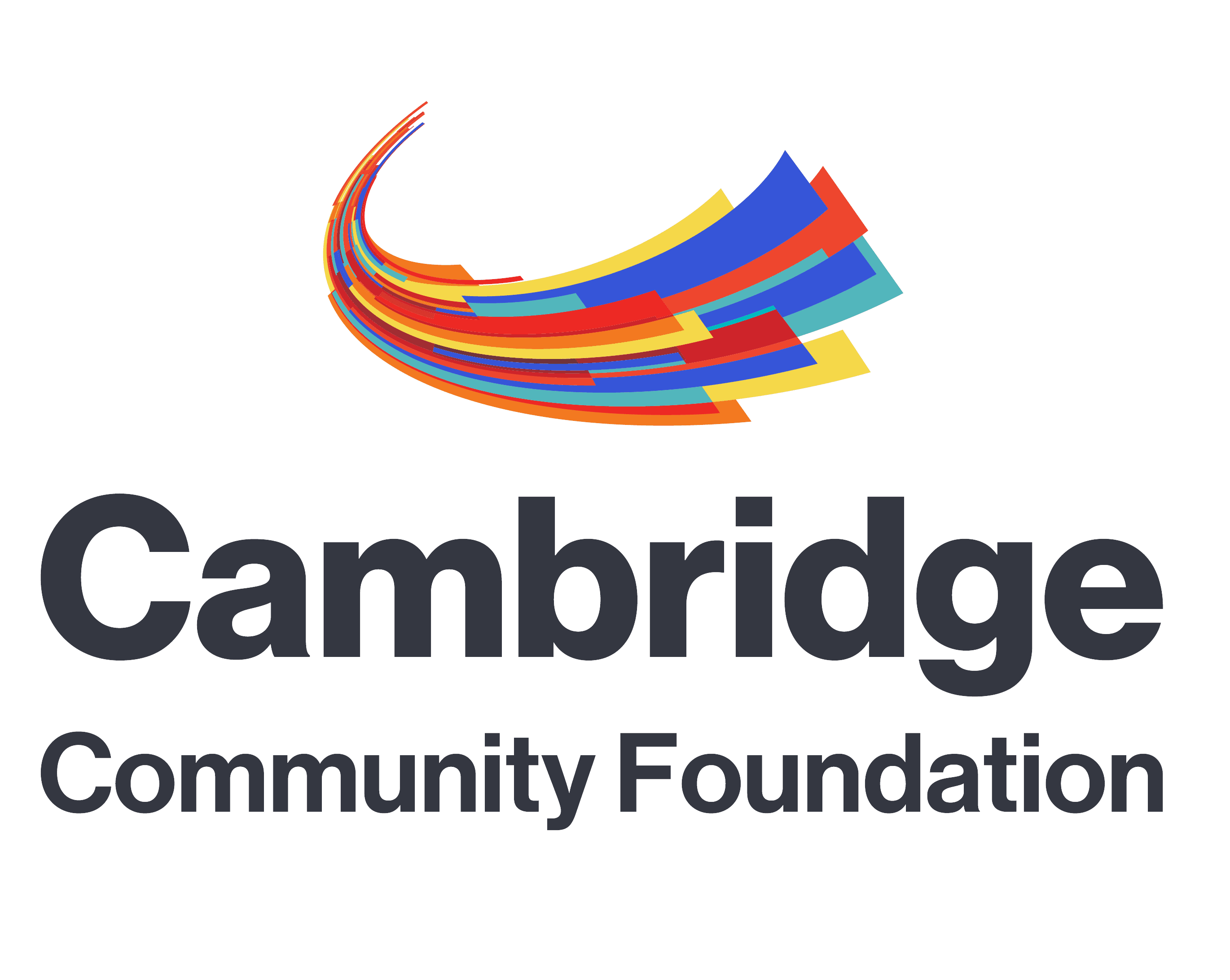Nonprofit Spotlight
Inside CommonWealth Kitchen: Q&A with Executive Director Jen Faigel
By Elie Levine
Cambridge Community Foundation Intern
As home to the most innovative square mile on the planet, we Cantabrigians know all about incubation, but in our city the term isn’t restricted to the tech industry. Think food.
Jen Faigel, co-founder and Executive Director of CommonWealth Kitchen, is making big strides in food-biz innovation through Greater Boston’s first shared kitchen and business incubator space. CommonWealth Kitchen has helped launch more than 200 food companies, the majority of which are owned by women, minorities, low income residents and immigrants. This year, the Cambridge Community Foundation gave seed money to CommonWealth Kitchen to help create a new lunch-time retail business incubation space in Kendall Square. We caught up with Jen at the opening of The Dining Car on Athenaeum Street to learn more about incubating food startups in Cambridge and the impact on business owners and our community. Here’s what we learned:
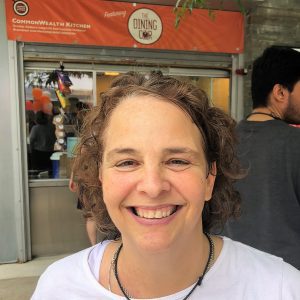 What does CommonWealth Kitchen do and what’s the impact locally?
What does CommonWealth Kitchen do and what’s the impact locally?
We are not only Greater Boston’s food and business incubator and food manufacturing enterprise, we are also an economic development organization focused on asset building and wealth creation for low-income women, immigrants and people of color. We help people create food businesses. This also creates jobs in the food industry with real opportunity for people to grow in their skills and in their businesses. We’ve been around since 2009 and have helped start over 200 businesses. Almost 60 businesses that started in our kitchen have done well enough to go on and out into the world. In Cambridge, these ‘graduates’ include Clover Food Lab and Roxy’s Grilled Cheese. Outside of Cambridge, we’ve helped establish Batch Ice Cream, McCrea’s Candies, Delectable Desires, Exodus Bagels, Alex’s Ugly Sauce, and Down Home Delivery, to name a few.
How many new jobs has CommonWealth Kitchen created?
It created over 500 new jobs just across our graduates, and another 150 are employed by our current members.
What communities do you impact the most?
In our shared kitchen, currently, about 75 percent of the 50+ member companies are owned by women and people of color. We’re located in Dorchester, in the second lowest-income census tract in the City of Boston. Most of the people coming to us come from the surrounding neighborhood. They often come with barriers to employment, maybe English, maybe a criminal record, maybe immigrant status. By helping these people build assets, they can create a safety net- a critical pathway out of poverty. We want people to come and have an opportunity to build a business. We’re also increasingly working with farms through our manufacturing initiative, processing surplus produce into products like pickles and tomato sauce that you see at farmers’ markets all around the region. We stand with immigrants, absolutely.
How does the CommonWealth Kitchen work to get the word out about new businesses in and around Boston?
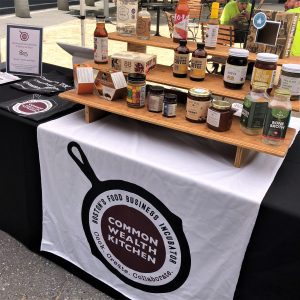 We are always looking for opportunities for our companies to get access to the market. They’re doing amazing things. Food trucks, caterers, bakers, packaged goods…but often they have products that people aren’t familiar with, so customers need the chance to taste their food to know how amazing it is. But since most of these companies don’t have the money for marketing, and access to capital for food companies is an enormous challenge, it’s really hard for them to get noticed. So how do you get people to know about them? Right now, we work a lot with smaller specialty retailers like Cambridge Naturals and Pemberton Farms, and of course, Whole Foods, but we also reach out to corporations looking for catering or gifts and are increasingly working with colleges and hospitals—places where a lot of people eat and who care about authentic, diverse foods! In Cambridge, we work with Harvard University and have done some work with MIT. And when the opportunity came up for a retail spot in Cambridge we saw the chance for our food trucks and caterers to test out doing retail and do it in a place like Cambridge, where people are so open to lots of different kinds of foods and ethnic, multicultural experiences, and where we understood that we would be welcome in the community. We are Boston-based, and the idea to come across the river in a more permanent way was super exciting for us. We want to leverage the opportunity… for all of our companies to really have a presence here and for people to know about them.
We are always looking for opportunities for our companies to get access to the market. They’re doing amazing things. Food trucks, caterers, bakers, packaged goods…but often they have products that people aren’t familiar with, so customers need the chance to taste their food to know how amazing it is. But since most of these companies don’t have the money for marketing, and access to capital for food companies is an enormous challenge, it’s really hard for them to get noticed. So how do you get people to know about them? Right now, we work a lot with smaller specialty retailers like Cambridge Naturals and Pemberton Farms, and of course, Whole Foods, but we also reach out to corporations looking for catering or gifts and are increasingly working with colleges and hospitals—places where a lot of people eat and who care about authentic, diverse foods! In Cambridge, we work with Harvard University and have done some work with MIT. And when the opportunity came up for a retail spot in Cambridge we saw the chance for our food trucks and caterers to test out doing retail and do it in a place like Cambridge, where people are so open to lots of different kinds of foods and ethnic, multicultural experiences, and where we understood that we would be welcome in the community. We are Boston-based, and the idea to come across the river in a more permanent way was super exciting for us. We want to leverage the opportunity… for all of our companies to really have a presence here and for people to know about them.
What’s the plan for The Dining Car moving forward? What does the addition of this space do for the growth of CommonWealth Kitchen?
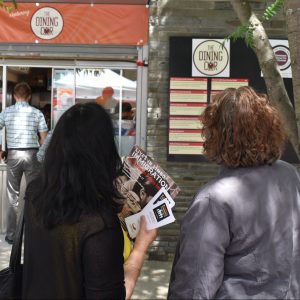 We have a three-year lease from Bio-Med for the space, so we’re going to be here for a while. We’re going to take companies that are food trucks and caterers who want to test out working in a retail space as a stepping stone to opening their own brick and mortar space. We’re going to give them somewhere between four and six months to really build connections, build their staff, understand what the menu is that works and doesn’t, kind of build all the systems that they need to be able to demonstrate that they’re ready to get the financing to move into their own space. And while they’re doing it, they will also build a network of people who are super excited about their food no matter where they go. Each company is also required to sell products from other companies that are in our network, and the reason is because we want to make the opportunity available to more than one business. So Dining Car is selling cookies from Top Shelf Cookies, mini-pies and other desserts from Sweet Teez Bakery, and cold brew coffee from Commonwealth Cold Brew. These companies all make products in our kitchen in Dorchester, and Dining Car is selling them for them, so they’re cross-marketing. Their logos are on the signs. Our goal is to leverage our new Kendall Square location to support as many of our member companies as possible, and raise the profile of our work. Over time, we’d love to bring some of our start-up classes and other training programs to the Cambridge community, and use the Kendall location as a launchpad to build strategic partnerships and expand our network as we work to build meaningful pathways for economic opportunity and mobility.
We have a three-year lease from Bio-Med for the space, so we’re going to be here for a while. We’re going to take companies that are food trucks and caterers who want to test out working in a retail space as a stepping stone to opening their own brick and mortar space. We’re going to give them somewhere between four and six months to really build connections, build their staff, understand what the menu is that works and doesn’t, kind of build all the systems that they need to be able to demonstrate that they’re ready to get the financing to move into their own space. And while they’re doing it, they will also build a network of people who are super excited about their food no matter where they go. Each company is also required to sell products from other companies that are in our network, and the reason is because we want to make the opportunity available to more than one business. So Dining Car is selling cookies from Top Shelf Cookies, mini-pies and other desserts from Sweet Teez Bakery, and cold brew coffee from Commonwealth Cold Brew. These companies all make products in our kitchen in Dorchester, and Dining Car is selling them for them, so they’re cross-marketing. Their logos are on the signs. Our goal is to leverage our new Kendall Square location to support as many of our member companies as possible, and raise the profile of our work. Over time, we’d love to bring some of our start-up classes and other training programs to the Cambridge community, and use the Kendall location as a launchpad to build strategic partnerships and expand our network as we work to build meaningful pathways for economic opportunity and mobility.
* Note: this interview has been edited for clarity and length.

